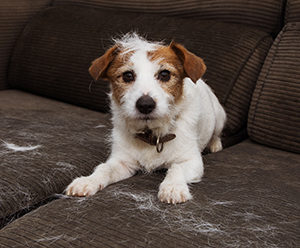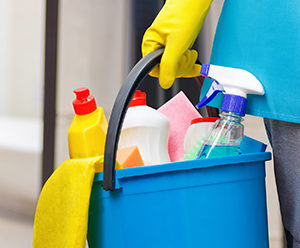
Between the car exhaust fumes, factory smoke, restaurant vents and germ spreading coughs and sneezes, there are plenty of reasons to want to filter the air you breathe outdoors. But what happens when you step back inside the sanctuary of your own home? Are you breathing “clean air” then? In some cases, you might not be. The quality of the air we breathe can dictate our health. Without clean air, we increase the risk of colds, flues, allergies, and other respiratory ailments.
Not familiar with what can be the culprit to your homes air pollution? Here is our list of the top conditions found in the average home environment:
Moisture or Dampness
Any area in your home that is consistently damp or moist can be a breeding ground for mold. That includes the cabinets under your sinks and the pipes around your washer. Some of this mold might not be harmful but it can also trigger respiratory complications.
 Pet Dander
Pet Dander
If you have a cat or dog, then you’re already dealing with dander from when they shed. Dander are those tiny particles of dead skin and anything else that pet might have picked up on their travels. It is not just the fur that carries the dander. Any time your pet scratches, they can be stirring up a dust storm of dander.
Insects
There is a good chance any bug that comes into your home will probably die in your home. That’s a good thing except for what they leave behind. Insects carry all kinds of particulates and dust mites are really the tiny carcasses of those bugs.
Cleaning Products
The cleaning products that you use take direct aim at killing germs. That is what they should be doing. What they shouldn’t be doing is leaving behind lingering residues that can seep into your nose, mouth, and lungs.
Other notable mentions are if your home air quality constantly feels “stuffy or stale”, or even signs of recurring noticeable odors. There could also be an issue with the heating or air conditioning equipment such as dust filled filters that are blowing those pollutants into the air every time you crank up the heat. This can also happen if you have an active fireplace with a dirt-encrusted flume. All those pollutants are floating around your home, even if you can’t see them.
There is an upside to all this in-home pollution, it can be improved!
Improving your homes air quality isn’t as complicated as you may think. Here are some remedies.
- Create circulation in your home. Occasionally open the windows to let the fresh air.
- This one is a no-brainer but keep your home clean to prevent breathing in of dust.
- Place a few indoor plants to help with filtering the air.
The best approach for keeping your home air clean is to have a portable air filter system. These are comparable to small heating units which circulate the air in your home through a filter replacing it with clean air. Within a few moments of operation, you might begin to notice the difference right away!







